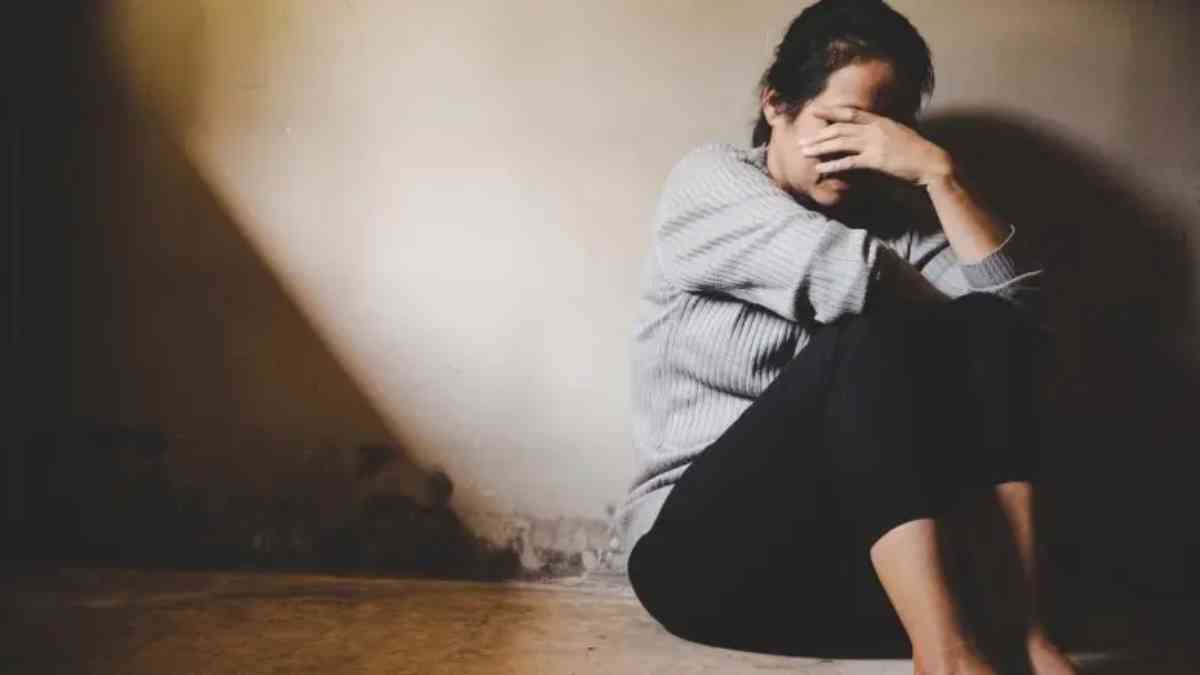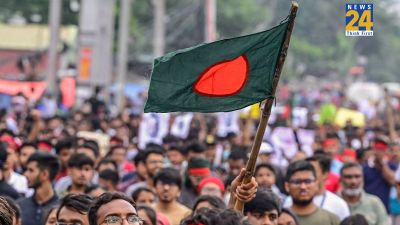The Indian government has opposed petitions seeking the criminalisation of marital rape, standing by the current legal framework that exempts sexual relations between a husband and wife from being classified as rape. In its submission to the Supreme Court, the Centre argued that the matter requires a broader social consensus and extensive consultation with stakeholders, rather than a purely legal remedy.
Centre files affidavit and informs Supreme Court that matters relating to marital rape will have very far-reaching socio-legal implications in the country and therefore, needs a comprehensive approach rather than a strictly legal approach.
Centre submits that "while exercising… pic.twitter.com/JluWUhj0V0---Advertisement---— ANI (@ANI) October 3, 2024
Marriage as an Institution of Reciprocal Obligations
The Centre emphasized that marriage in India is traditionally viewed as an institution bound by reciprocal obligations and inviolable vows. It pointed out that while the law recognizes and protects the consent of women within marriage, the legal framework governing these protections is different from other rape laws. The government argued that criminalising marital rape could destabilise the institution of marriage and that sufficient remedies for victims of marital abuse already exist under current statutes.
Also Read: Ashok Tanwar Campaigns For BJP, Switches To Congress An Hour Later In Haryana
Supreme Court Hearing and Split Verdict of Delhi High Court
The Supreme Court is currently hearing an appeal regarding the validity of Exception 2 to Section 375 of the Indian Penal Code (IPC), which exempts husbands from being prosecuted for rape within marriage. This appeal follows a split verdict from the Delhi High Court in 2022. Justice Rajiv Shakdher had declared the exception unconstitutional, while Justice C Hari Shankar upheld the provision, arguing that marital rape cannot be treated the same as other forms of rape.
Petitioners’ Argument Against the Exception
Petitioners, including activist Ruth Manorama, have argued that the exception violates a woman’s right to consent, bodily autonomy, and dignity. They assert that marriage should not serve as a shield for sexual violence, calling for the removal of the exception.
Centre’s Call for Legislative Action
The government maintains that the legislature, not the judiciary, should decide on such matters due to the far-reaching social consequences. It argues that a decision on this issue requires careful consideration of India’s social fabric, and any change to the law should be made after thorough consultations with all stakeholders.
Also Read: Karnataka Minister’s ‘Non-Vegetarian’ Remarks On Veer Savarkar Ignites BJP Backlash













